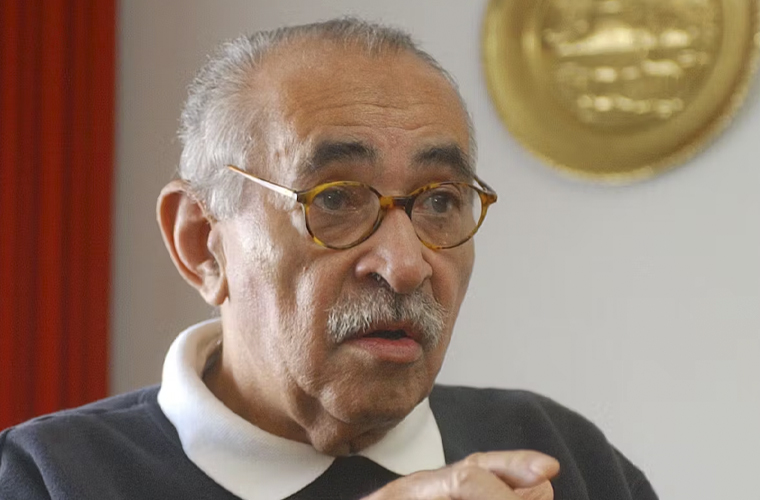Wyatt Tee Walker was a prominent figure in the American civil rights movement, known for his dedication to nonviolent activism and his role as a key strategist and organizer. Born on August 16, 1929, in Brockton, Massachusetts, Walker grew up in a deeply religious family and was heavily influenced by the teachings of his father, who was a Baptist minister.
Walker attended Virginia Union University, where he studied sociology and graduated with honors in 1950. During his time at Virginia Union, he became involved in the civil rights movement and joined the National Association for the Advancement of Colored People (NAACP). His early activism and commitment to social justice laid the foundation for his future leadership in the movement.
In 1953, Walker enrolled at the Iliff School of Theology in Denver, Colorado, where he earned a Bachelor of Divinity degree. It was during his time at Iliff that he became deeply influenced by the teachings of Mahatma Gandhi and his philosophy of nonviolent resistance. This influence would shape Walker’s approach to activism and guide his work in the years to come.
After completing his studies at Iliff, Walker moved to Petersburg, Virginia, where he served as pastor of Gillfield Baptist Church. It was in this role that he began to put his beliefs into action, organizing and leading nonviolent protests against segregation and racial injustice in the community. His efforts caught the attention of Dr. Martin Luther King Jr., who invited Walker to join him as the chief of staff for the Southern Christian Leadership Conference (SCLC) in 1960.
As the chief of staff for the SCLC, Walker played a crucial role in organizing and strategizing some of the most significant civil rights campaigns of the era. He worked closely with Dr. King and other leaders to plan and execute nonviolent protests, marches, and demonstrations aimed at ending segregation and securing equal rights for African Americans. Walker’s leadership and organizational skills were instrumental in the success of these campaigns, and he became known for his unwavering commitment to nonviolent resistance.
One of Walker’s most notable contributions to the civil rights movement was his involvement in the 1963 Birmingham campaign, which aimed to desegregate one of the most racially divided cities in the South. As a key strategist, Walker helped coordinate the protests and worked tirelessly to mobilize residents and activists. The campaign ultimately led to significant concessions from city officials and brought national attention to the brutal tactics used against peaceful demonstrators, helping to galvanize support for the civil rights cause.
In addition to his work with the SCLC, Walker was also deeply involved in efforts to register African American voters in the South. He played a pivotal role in organizing voter registration drives and working to dismantle barriers to voting rights, often facing significant opposition and danger in the process. Despite these challenges, Walker remained steadfast in his commitment to securing full political participation for African Americans.
After leaving his position at the SCLC in 1964, Walker continued to be an influential voice in the civil rights movement, advocating for social and economic justice for marginalized communities. He served as pastor of Canaan Baptist Church of Christ in New York City for over 37 years, using his platform to address issues of poverty, inequality, and systemic racism. In addition to his work within the church, Walker was also involved in various community organizations and initiatives aimed at empowering African Americans and promoting social change.
Throughout his life, Wyatt Tee Walker remained dedicated to the principles of nonviolent resistance and social justice, leaving a lasting impact on the civil rights movement and inspiring future generations of activists. His legacy serves as a testament to the power of organized nonviolent action in bringing about meaningful and lasting change. Walker passed away on January 23, 2018, but his contributions to the fight for equality and justice continue to be remembered and celebrated.


